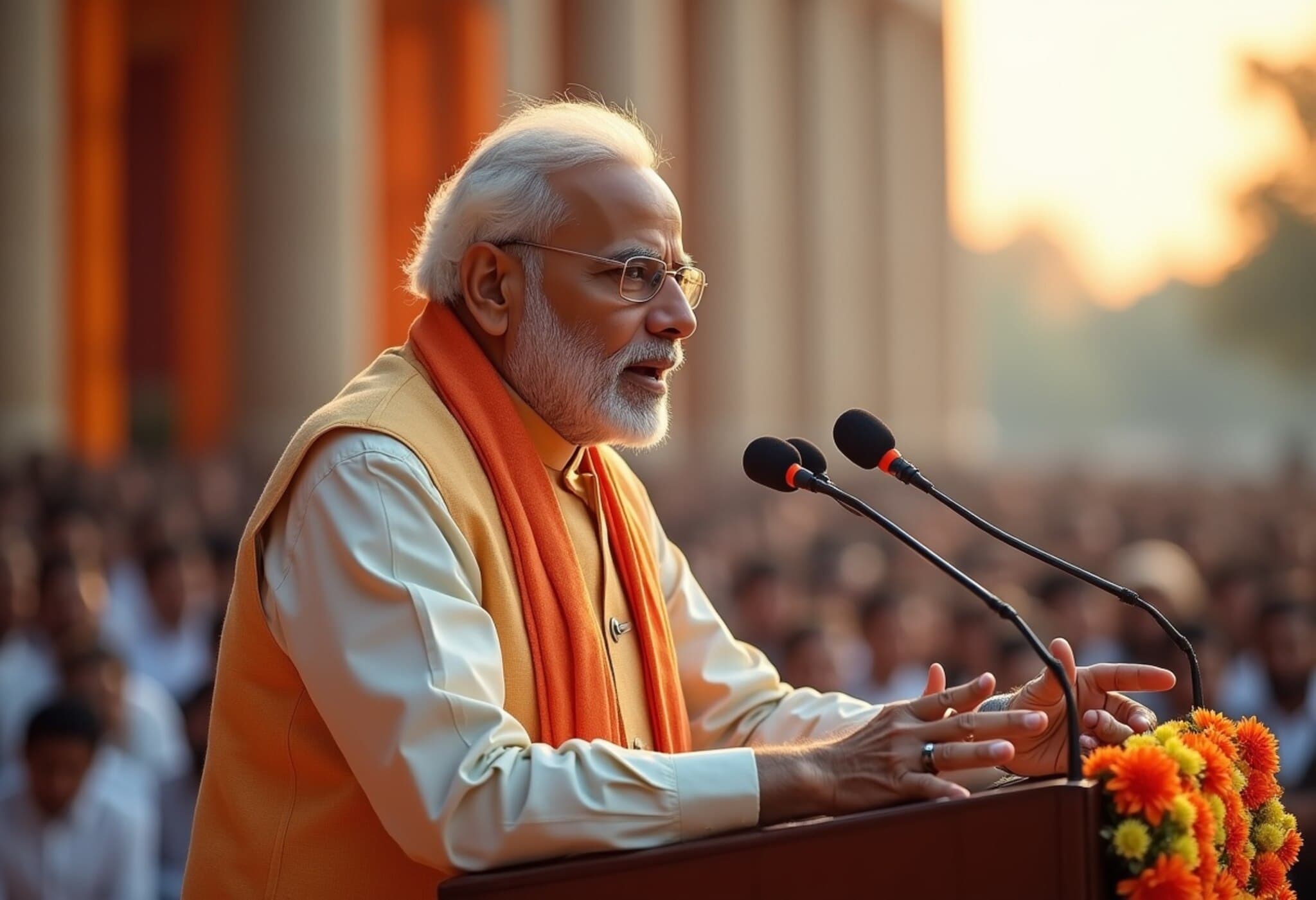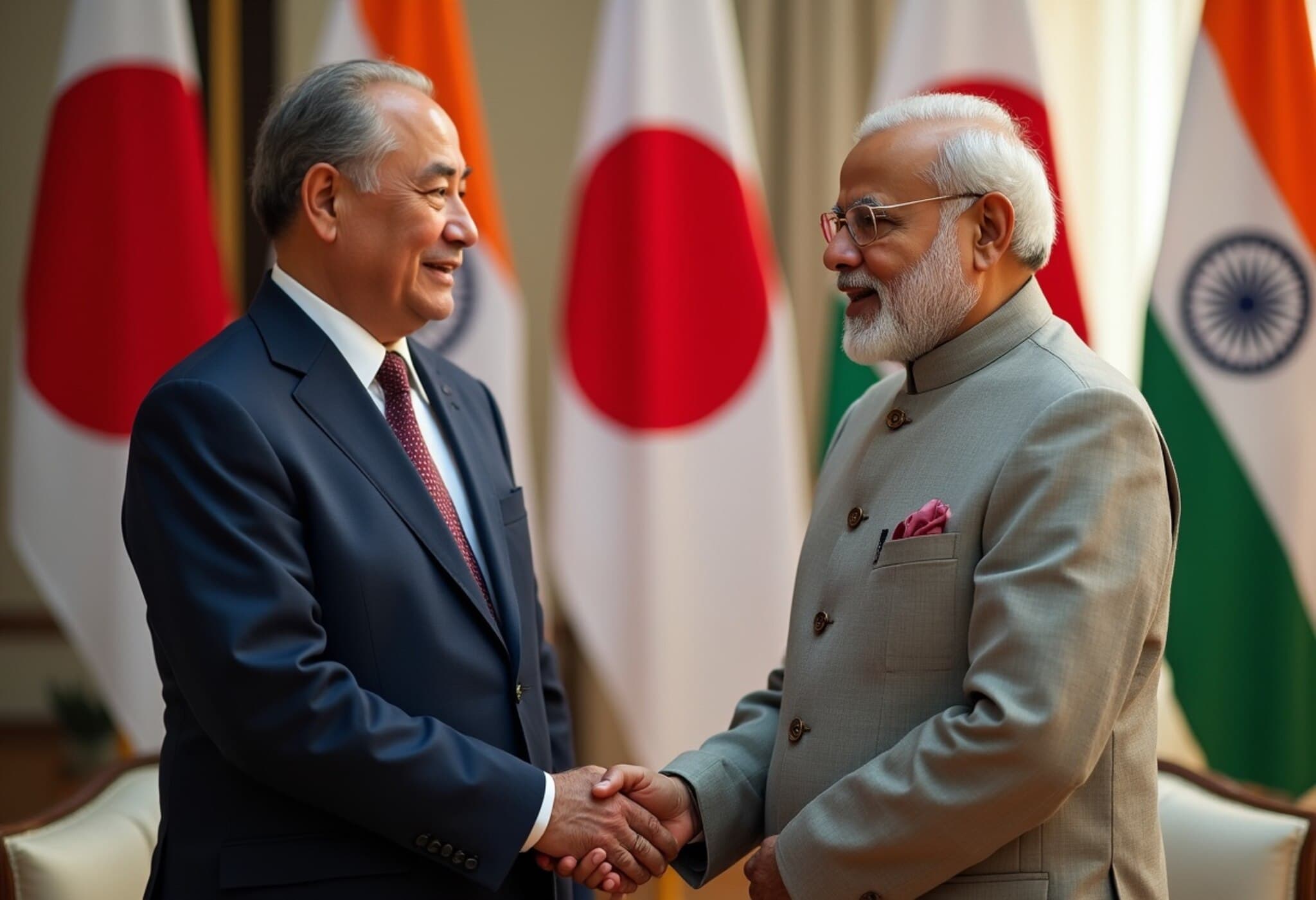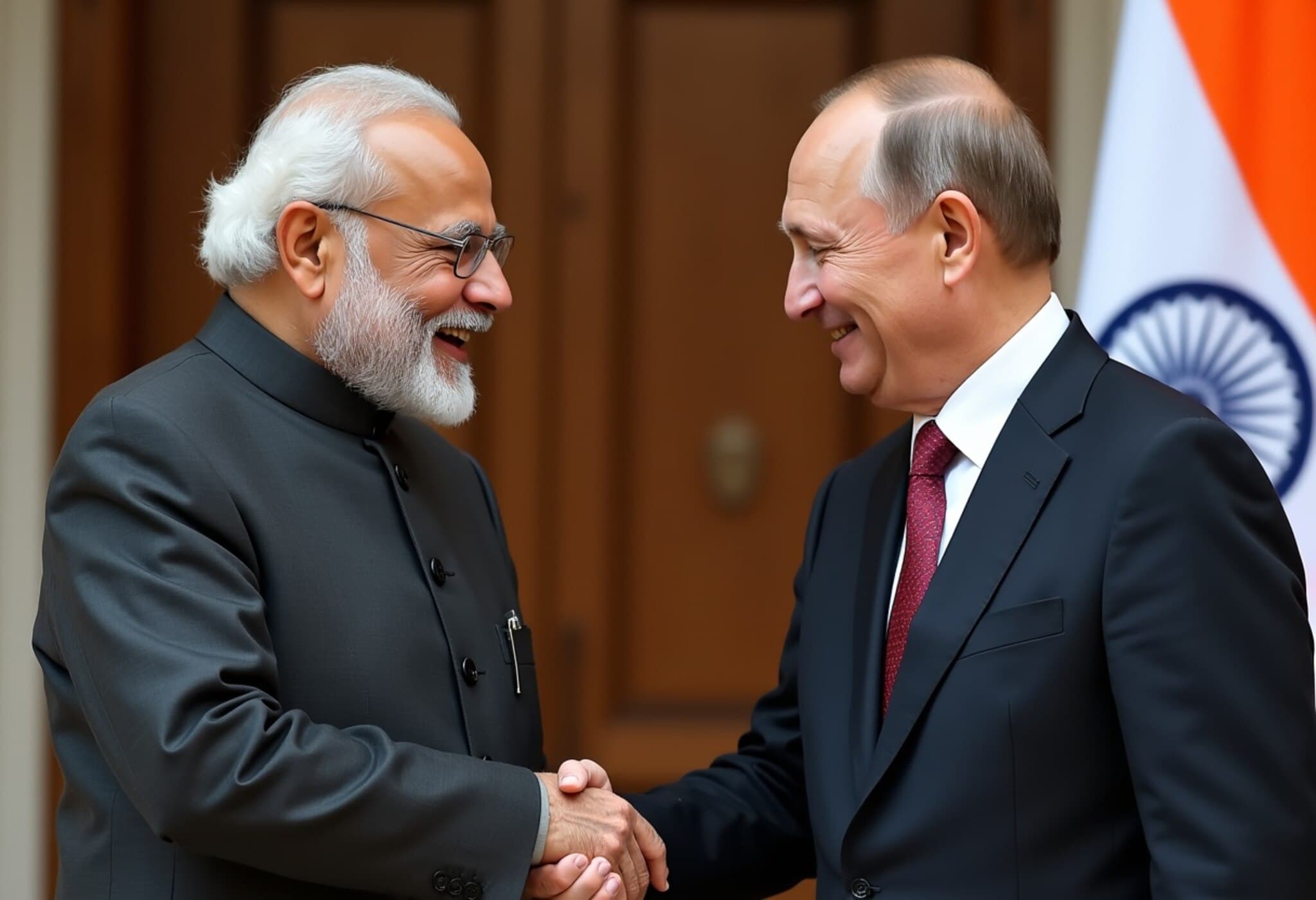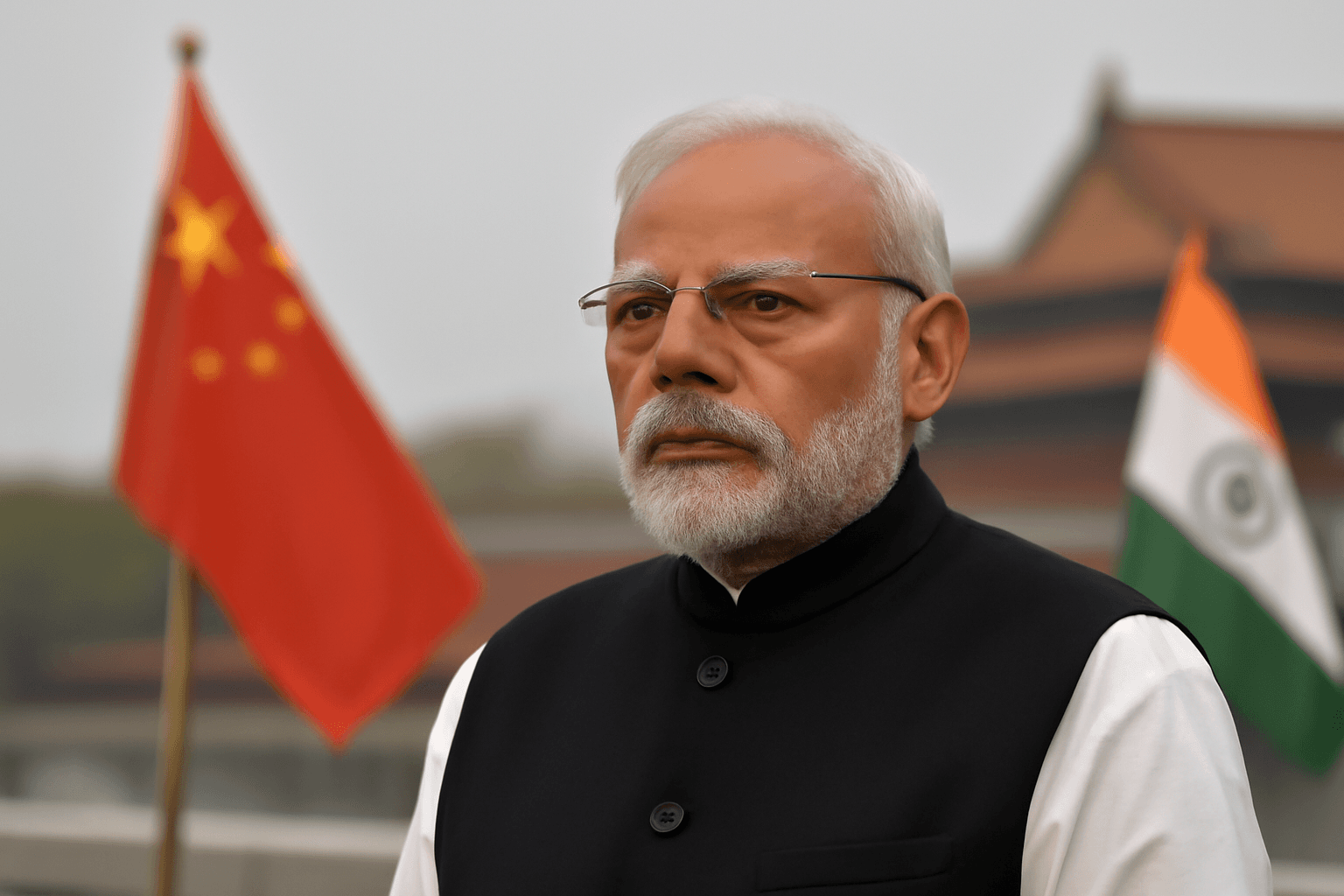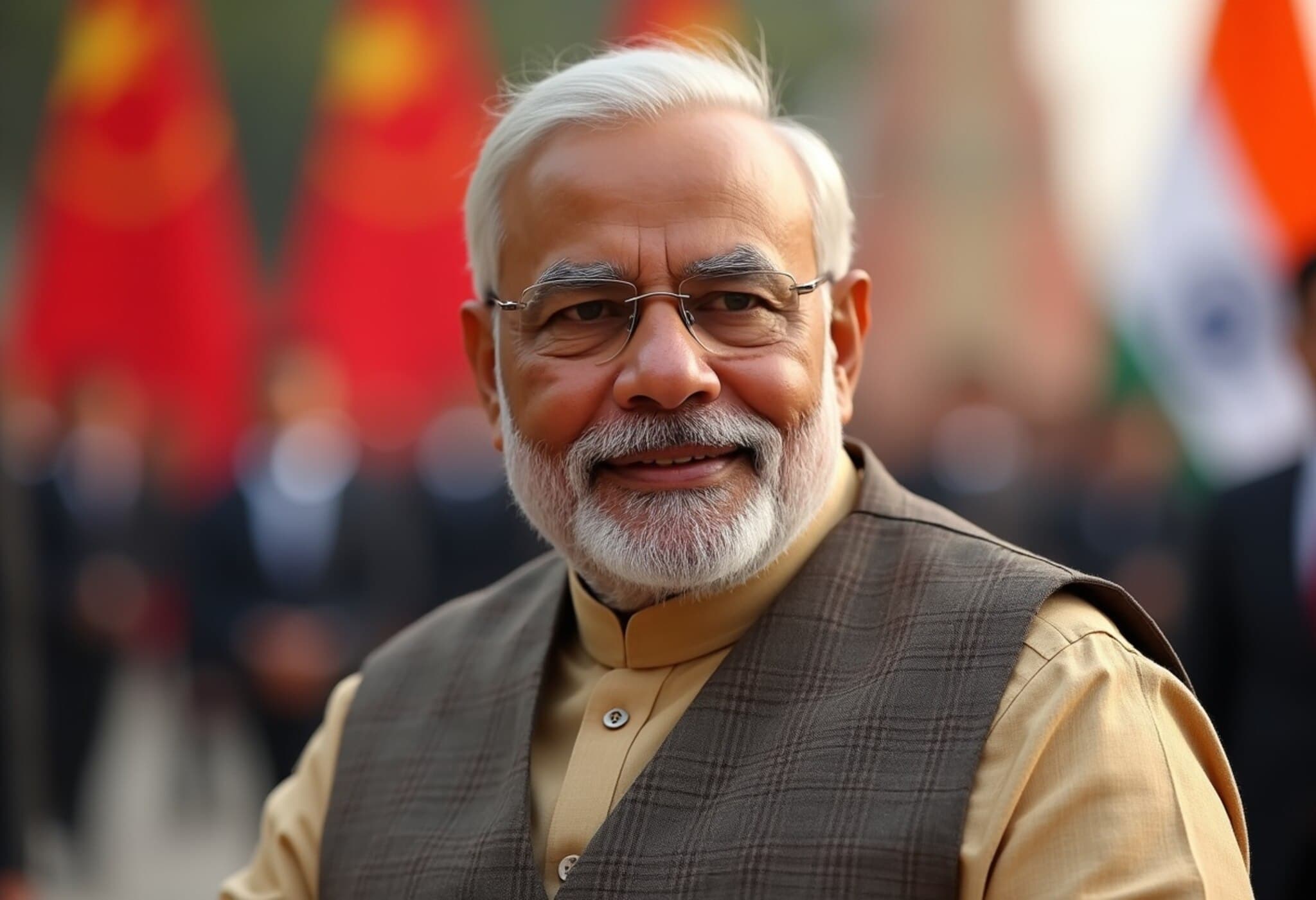PM Modi Calls for India to Command Global Attention Across Sectors
During the inauguration of the Kartavya Bhawan along Kartavya Path in New Delhi, Prime Minister Narendra Modi delivered a compelling vision for India’s future — one where the nation firmly captures the world's mindspace through innovation, productivity, and global engagement.
Driving Productivity and Global Appeal
Addressing government employees and citizens alike, Modi emphasized the need to amplify both individual and collective productivity. “Our resolve should be that we will scale up our and the country's productivity,” he said, underscoring India’s ambition to emerge as a beacon for tourists, students, and consumers worldwide.
Modi articulated a multi-faceted approach:
- Tourism: India should become a magnet for travelers globally, leveraging its cultural richness and natural beauty.
- Brands: Indian brands must garner international attention, symbolizing quality and innovation.
- Education: India should be a premier destination for international students seeking quality education.
He urged citizens to align their efforts toward bolstering India's global stature — "The aim of our life should be to do what we can to increase India's strength."
Infrastructure and Transparency as Cornerstones
The launch of the Kartavya Bhawan, a modern government office complex, represents far more than a building. It is envisioned as a hub for policy-making and strategic decisions essential for a developed India.
Beyond infrastructure, Modi highlighted the government’s ongoing commitment to a transparent and citizen-centered governance model. Over the past 11 years, the government has worked to plug leakages in welfare schemes, eliminating fraudulent beneficiaries who never existed—previously resulting in funds diverted to intermediaries.
Thanks to the synergistic integration of Jan Dhan accounts, Aadhaar identification, and mobile connectivity, over Rs 4.3 lakh crore have been saved and redirected properly, illustrating an economic feat with profound social implications.
Efficiency in Government Operations
Modi also touched on the pragmatic benefits of consolidating government ministries and departments in revamped office spaces:
- Annual savings of approximately Rs 1,500 crore by cutting rental expenditures.
- Reduction in inefficiencies caused by 8,000 to 10,000 employees commuting between ministries daily.
This redevelopment strategy not only optimizes resources but also fosters better coordination—key to agile governance.
Expert Insight: Why This Matters for India’s Global Ambitions
From an economic policy perspective, Modi’s remarks align with India's broader strategy of leveraging demographic dividends and digital infrastructure to leapfrog into a competitive global position. The emphasis on transparency addresses endemic challenges that have long hampered welfare delivery and public trust.
Moreover, rebranding India as an attractive destination for education, tourism, and commerce is timely amidst a shifting global landscape where countries compete fiercely for talent and investment.
However, the road ahead requires not only infrastructural and administrative reforms but also sustained commitment to quality—ensuring Indian brands and institutions can genuinely meet global standards.
Challenges and Questions Ahead
- How will India ensure that boosts in productivity reach marginalized communities and bridge existing inequalities?
- What tangible steps will follow the inauguration to make Indian educational institutions globally competitive?
- Can the government sustain these transparency gains, especially amid increasing complexities in data privacy and digital identification?
Editor’s Note
Prime Minister Modi’s vision for India as a global nexus of tourism, education, and commerce is both inspiring and ambitious. The strides made with technology-driven transparency and government efficiency chart a promising path. Yet, the challenge lies in deepening these gains while cultivating authenticity and inclusiveness. Observers will be watching how these infrastructural and policy initiatives translate into tangible benefits for all segments of Indian society.

